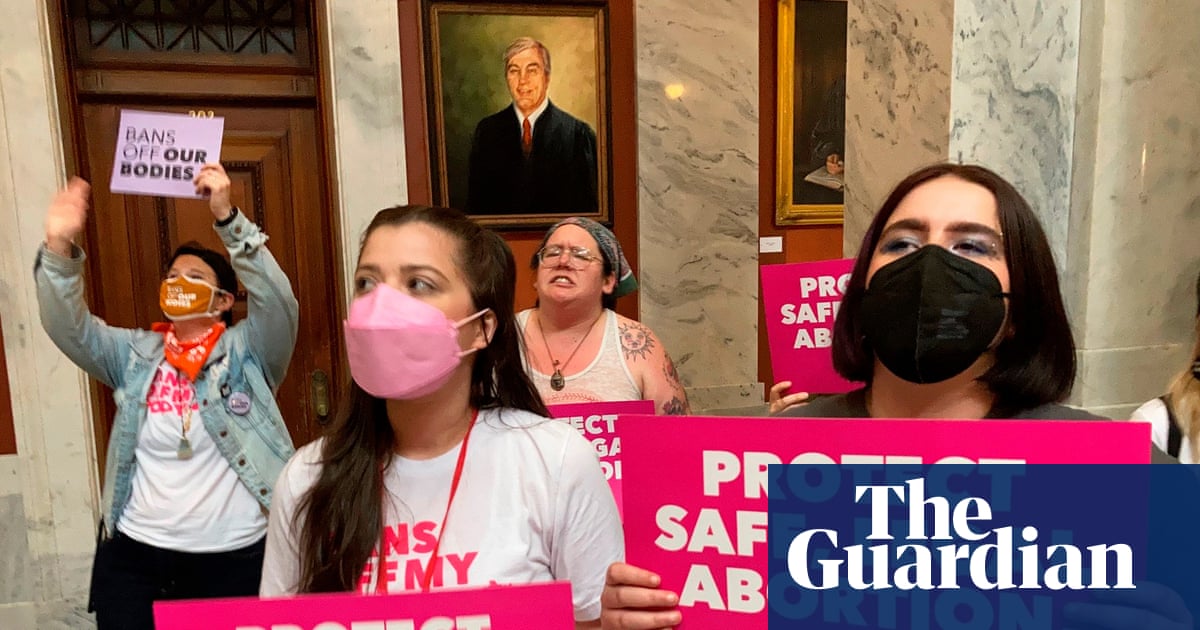The UK is determined to resolve its standoff with the pharmaceutical industry and reverse a 10-year decline in NHS spending on medicines, the science minister has told MPs after a string of drugmakers cancelled projects worth nearly £2bn.
Patrick Vallance, a former executive at drugmaker GSK, said the country needed to increase spending on medicines and reverse a decade of declining investment.
“We are determined to solve this,” Lord Vallance told the Commons science committee. “This is not something [where] we’re sitting saying let’s watch the decline of the industry. That’s what’s happened for the past 10 years. We must not do that. We have to act. Now is a pivotal moment … to try to get this right.”
MPs called an emergency session in response to last week’s decision by the US drugmaker Merck, known as MSD in Europe, to scrap its plans for a £1bn London research centre and lay off 125 scientists partly based at the capital’s Francis Crick Institute. MSD blamed “the challenges of the UK not making meaningful progress towards addressing the lack of investment in the life science industry”.
AstraZeneca announced on Friday that it was putting a £200m new laboratory in Cambridge on hold. It abandoned a £450m investment in its Speke vaccine site in January after months of negotiations, citing a cut in government support.
Vallance, who became a household name as chief scientific adviser during the Covid pandemic, told MPs on Tuesday that the NHS’s spending on medicines had been in decline as a proportion of total healthcare spend since 2015, but said the figure would increase from the current 9%.
“The reason we need to reverse that direction is not just price,” he said. “It’s about saying we need to make sure that we get rapid uptake of the best new medicines and we have equitable access right across the UK.”
He said the UK’s drugs regulator, the Medicines and Healthcare products Regulatory Agency, and the National Institute for Health and Care Excellence, which decides which medications will be available on the NHS, needed to be linked.
Dr Zubir Ahmed, the new health under-secretary and a Scottish surgeon, said the UK needed to change its pricing models in recognition of new cutting-edge treatments, which are more expensive.
“We have to look at medicines in a different light … and calculate the economic and clinical benefit on that basis,” he said.
Vallance said the government had not formally restarted talks with the pharmaceutical industry over its medicine pricing mechanism, which collapsed last month without an agreement and has been cited as one of the factors in drugmakers cancelling projects, but ministers were holding “lots of discussions around the commercial environment in the UK” with companies.
after newsletter promotion
“We cannot afford to lose this industry from the UK,” he said. “It’s very important that we have two large global companies. That matters, that it’s two,” he said, referring to AstraZeneca and GSK.
Earlier on Tuesday, MPs heard from MSD’s UK head, Ben Lucas, who said it was a “sad day that we’re leaving because we valued our collaboration with the Crick”. The company also plans to close its animal health site in Milton Keynes and transfer the work to Austria.
AstraZeneca’s UK president, Tom Keith-Roach, told MPs: “We are involved now in a highly constructive conversation with government at the highest level, notwithstanding that this is an extremely difficult moment in history and a very substantial challenge; the issue of under-investment in medicines has been a continued and worsening trend in the UK.”
The head of the Association of the British Pharmaceutical Industry, Richard Torbett, said the UK was losing out to the US, Belgium, Ireland, Singapore and Germany.

 3 months ago
213
3 months ago
213

















































